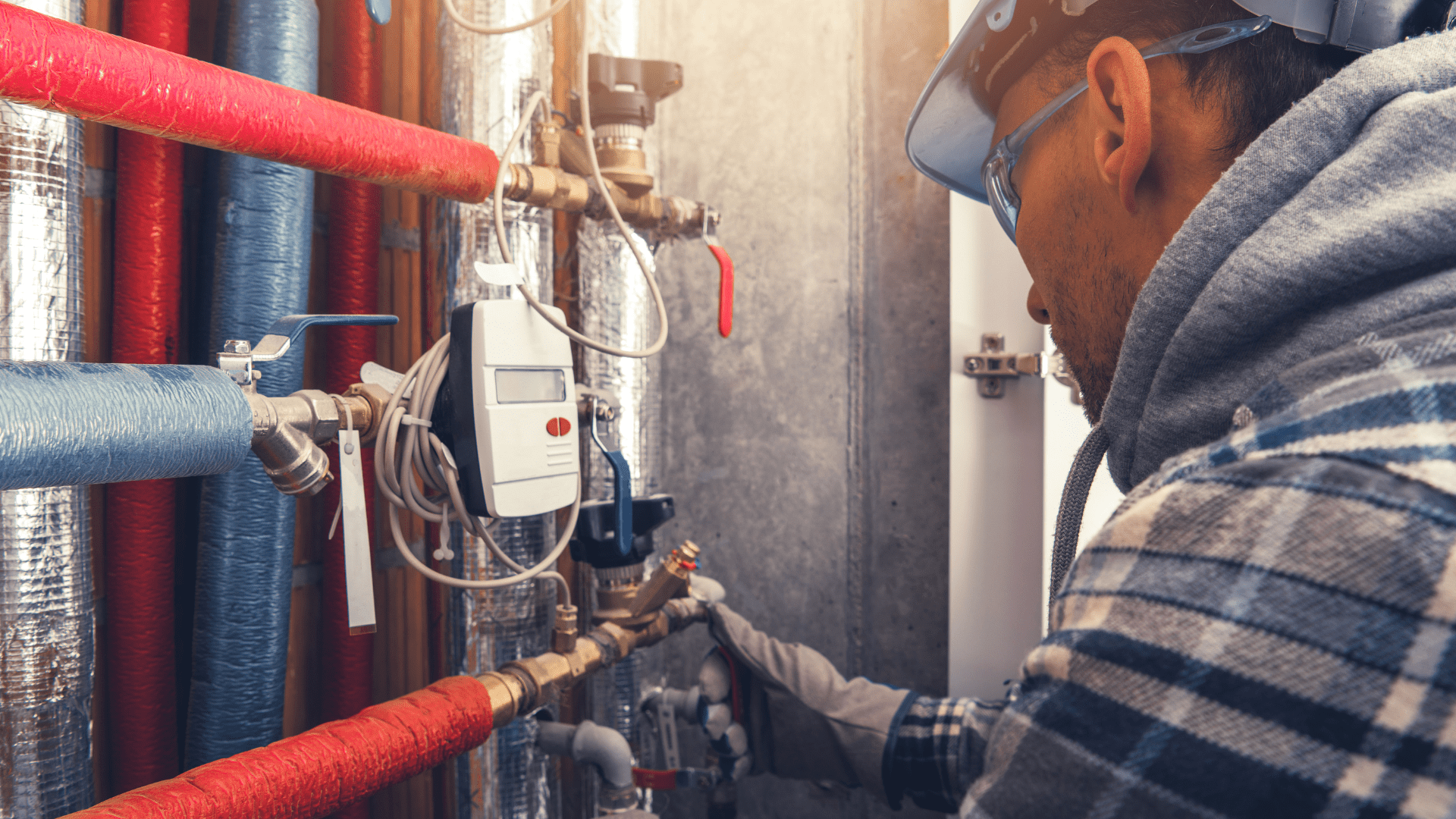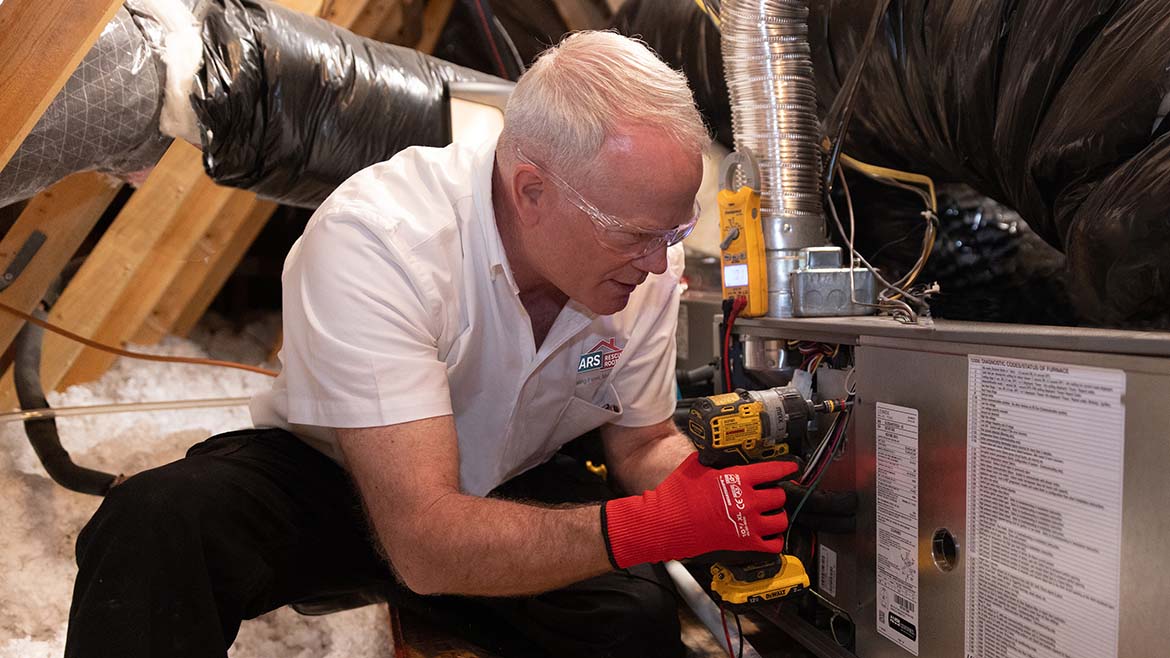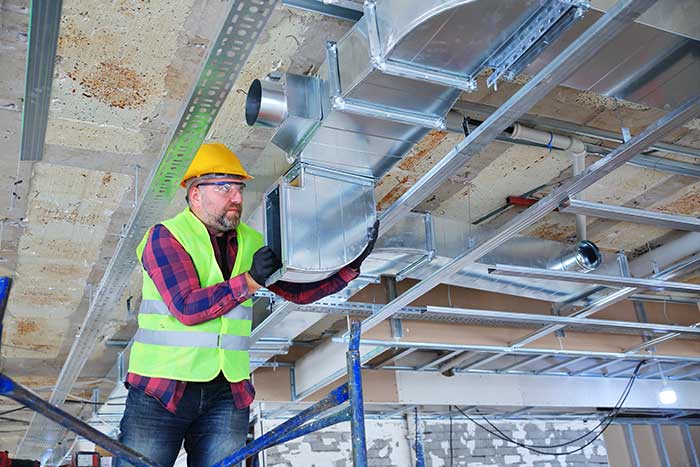Central Air Installation Canoga Park Heating Air Conditioning Contractor
Purchasing a Trane furnace requires cautious consideration of multiple value elements. Homeowners typically focus primarily on the upfront price of the unit itself, however this strategy can lead to miscalculations when budgeting for overall heating bills. Evaluating the acquisition worth, installation costs, ongoing maintenance, vitality efficiency, and potential repair expenses presents a more complete view of complete possession costs.
The initial funding in a Trane furnace usually varies based mostly on mannequin and capacity. Different models offer varied options, such as superior expertise and power efficiency scores, which may influence the overall cost. Higher-efficiency items might have a higher initial price ticket, however the long-term savings on energy payments can justify that upfront expenditure.
Installation performs a crucial role within the ultimate value. Professional installation could be a significant expense, and it's important to obtain quotes from certified HVAC contractors. Factors influencing installation prices include the complexity of the job, the existing ductwork, and any required modifications. Be certain to ask for detailed estimates that cover labor in addition to supplies, as this can provide a clearer image of the entire cost concerned.
Maintenance costs should not be underestimated. Regular maintenance is essential for making certain a Trane furnace operates effectively. Annual tune-ups might help maintain guarantee circumstances. While some homeowners might consider foregoing skilled maintenance to economize, this can result in more important repairs and inefficiencies if problems are left unaddressed. Investing in routine servicing can in the end save householders from expensive breakdowns in the long term.
HVAC Installation Canoga Park How to choose an HVAC contractor
Energy costs represent another important component of general ownership bills. Trane furnaces include various vitality efficiency scores, often denoted by the Annual Fuel Utilization Efficiency (AFUE) share. A greater AFUE indicates that a furnace converts a extra good portion of fuel into heat, leading to lower utility payments. Proactively evaluating power usage and contemplating upgrades that improve efficiency can substantially decrease annual heating prices.

What components influence the price of a Trane furnace installation?
Several elements influence the installation cost, together with the sort and measurement of the furnace, additional ductwork or modifications needed, native labor rates, and any necessary permits or inspections required by native regulations.

Furnace Repair Canoga Park Find a Dealer or Contractor
Yes, many Trane dealers provide financing choices, allowing clients to pay for his or her furnaces in month-to-month installments. It's advisable to inquire about these choices during your consultation and examine charges and phrases.

Higher power efficiency rankings typically come with a better upfront price, however they can lead to important financial savings on energy bills over time. Models with greater efficiency rankings usually qualify for rebates, making them more financially viable in the long run.
What are the maintenance prices related to Trane furnaces?
HVAC System Design Canoga Park Request a Consultation - HVAC Contractor
Annual maintenance for a Trane furnace typically ranges from $100 to $300. Regular maintenance helps ensure optimal efficiency and can extend the furnace's lifespan, doubtlessly saving cash on repairs over time.
Are there warranties available for Trane furnaces, and how do they affect costs?
Trane presents warranties on their furnaces, typically covering elements for five to 10 years. Some fashions could embody extended warranties for an extra cost. Warranties might help mitigate restore prices and supply peace of thoughts.
Seasonal HVAC Services Canoga Park HVAC Installation & Replacement
How do native climate conditions have an result on the price of a Trane furnace?

Indoor Air Quality Canoga Park Plumbing & HVAC Contractors
What should I contemplate before buying a Trane furnace?
Consider factors corresponding to your house dimension, specific heating needs, vitality efficiency ratings, price range, and long-term prices. Consulting with a professional HVAC skilled can help weblink you identify the best model in your home.
Can I install a Trane furnace myself to keep away from wasting on costs?
While it may appear cost-effective to put in a furnace yourself, it's typically recommended to hire knowledgeable. MERV Filters Canoga Park. Improper installation can result in security dangers, lowered efficiency, and dear repairs later on.